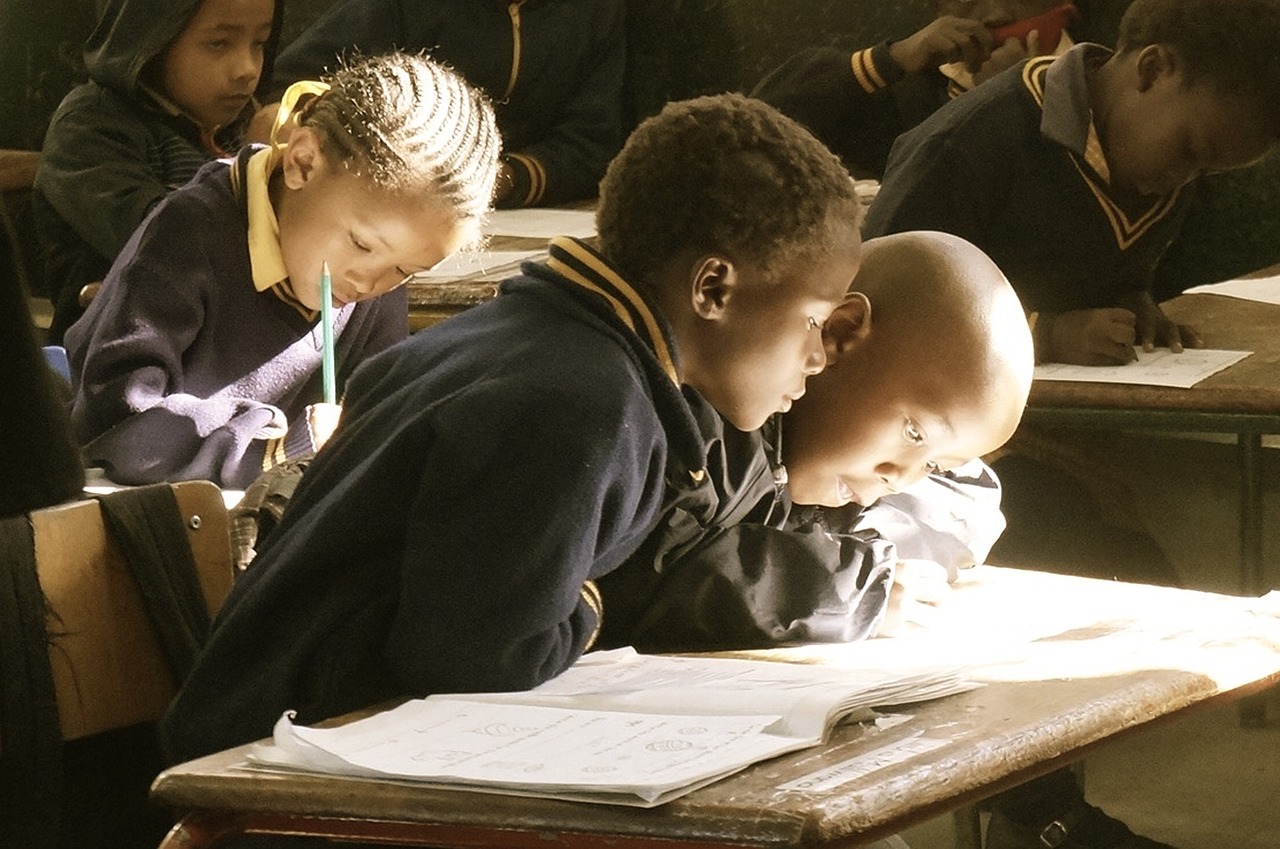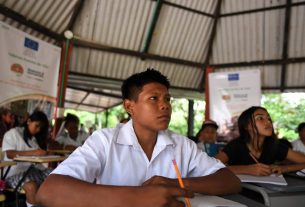Despite significant strides in school enrollment across Sub-Saharan Africa, a staggering 90% of children in the region cannot read a simple text by the time they reach age 10. This grim statistic paints a troubling picture of the education crisis affecting millions of children across the continent. While access to education has improved in recent years, foundational literacy and numeracy remain elusive goals for the vast majority of young learners.
According to a recent report by the World Bank and other global educational organizations, Sub-Saharan Africa continues to face one of the world’s most severe learning crises. The enrollment gains seen in the past decades, while commendable, have not been accompanied by a corresponding increase in learning outcomes, leaving many children without the essential skills they need to succeed in school and in life.
The Scale of the Problem
Despite the increase in enrollment rates, many children in Sub-Saharan Africa are attending school without acquiring basic literacy and numeracy skills. Research indicates that by the time children in the region reach the age of 10—typically the end of primary school—fewer than 1 in 10 are able to read and comprehend a simple age-appropriate text. This represents a learning crisis of unprecedented proportions.
The challenge is most acute in rural areas, where schools are often under-resourced, teachers are in short supply, and many children are faced with the added burden of poverty and poor nutrition. In some countries, the education system struggles with overcrowded classrooms, outdated materials, and a lack of qualified teachers, all of which hinder students’ ability to learn effectively.
The Long-Term Consequences
The inability to read and understand basic texts by the age of 10 has profound implications for future academic success, employment prospects, and the overall development of the individual and society. Children who are unable to master foundational skills like reading and math are more likely to drop out of school early, leading to a lifetime of limited opportunities.
In addition, the lack of education in the early years contributes to economic inequality, making it more difficult for children to break the cycle of poverty. Unskilled labor and informal work are often the only options for young people who have not received a strong foundation in education. This in turn places a severe strain on economic growth in the region and undermines efforts to tackle poverty on a broader scale.
The Need for Bold Reforms
To reverse this trend, experts agree that Sub-Saharan Africa needs to embark on bold education reforms. These reforms should prioritize foundational learning, ensuring that all children, no matter their socioeconomic background, acquire the essential literacy and numeracy skills by the age of 10.
Some of the key areas for reform include:
- Improving Teacher Quality and Training: Teachers are at the heart of education, and many are underprepared to meet the challenges of diverse and often overcrowded classrooms. Investing in teacher training and professional development is critical to improving student outcomes.
- Early Childhood Education: Research shows that the early years of a child’s life are crucial for cognitive and emotional development. Expanding early childhood education and ensuring universal access to preschool programs will help children develop the skills they need before they enter formal schooling.
- Investing in Resources and Infrastructure: Many schools in Sub-Saharan Africa suffer from a lack of basic infrastructure such as classrooms, textbooks, and learning materials. Governments must commit to adequate funding for education, ensuring that schools are well-equipped and staffed.
- Curriculum Reforms: Curricula in many countries are outdated and do not meet the needs of modern learners. Reforming the curriculum to focus on core competencies such as literacy, numeracy, and problem-solving, and making it more relevant to local contexts will help children acquire skills that are essential for their future success.
- Community Engagement: Education reform needs to be supported by local communities. Parents, community leaders, and local organizations should be engaged in the process of improving education to ensure that reforms meet the needs of the children they serve.
- Using Technology: The use of technology in the classroom, such as digital learning tools, could be a game-changer in reaching remote and underserved populations, especially in rural areas where access to traditional educational resources is limited.
A Global Challenge with Global Solutions
The learning crisis in Sub-Saharan Africa is not just an African problem; it is a global challenge that requires international support and cooperation. Governments, international organizations, and the private sector must work together to provide technical assistance, financial resources, and best practices to help governments in Sub-Saharan Africa achieve their education goals.
Global initiatives, such as the United Nations’ Sustainable Development Goal 4 (SDG 4), which aims to ensure inclusive and equitable quality education and promote lifelong learning opportunities for all, can provide a framework for these efforts. However, achieving these goals will require strong political will, sustained investment, and a long-term commitment to reform.
Conclusion
The challenge of providing quality education to all children in Sub-Saharan Africa is daunting, but not insurmountable. By focusing on foundational literacy and numeracy skills, governments and education systems can begin to close the gap and ensure that all children, regardless of background, have the chance to succeed. Bold reforms, adequate investment, and international collaboration will be key to transforming the education landscape and addressing the learning crisis that threatens the futures of millions of young learners across the region.
It is essential that policymakers, educators, and the global community come together to reimagine education systems that equip children with the skills they need to thrive in the 21st century. The future of Sub-Saharan Africa—and the world—depends on it.
References:


